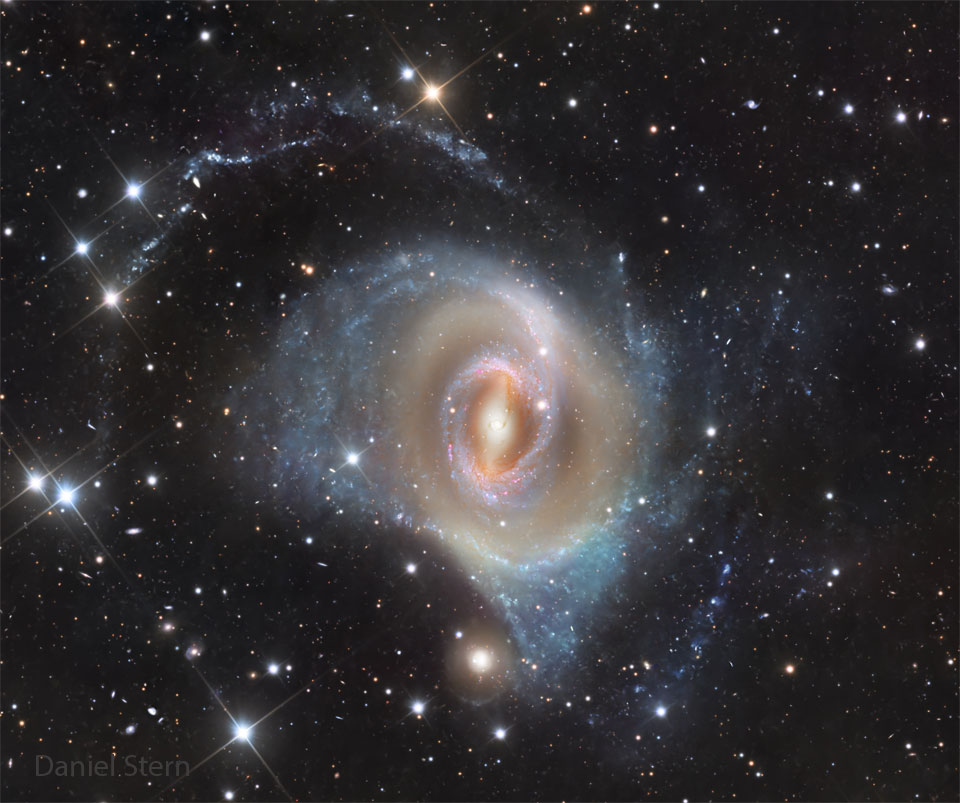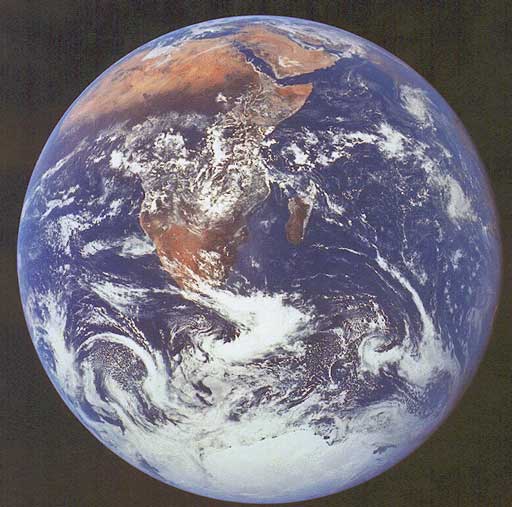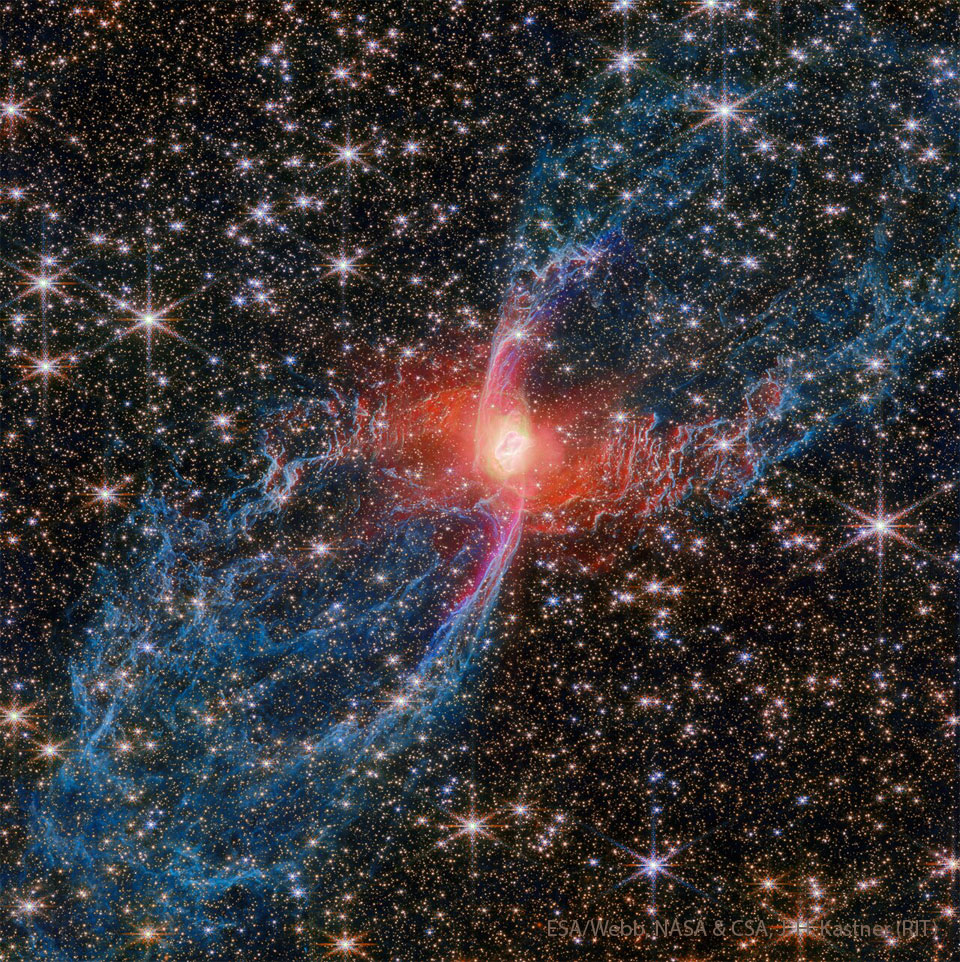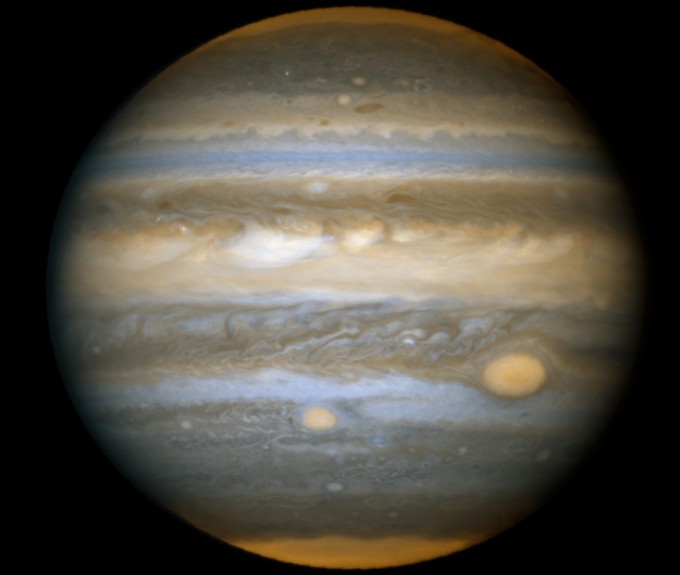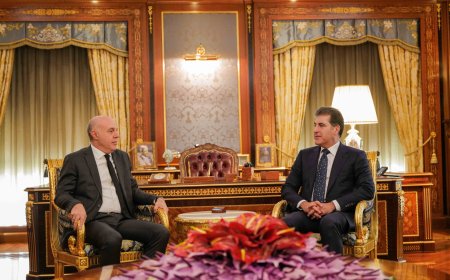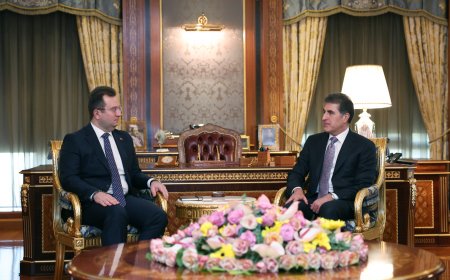Nineveh election contest heats up amid warnings over outside influence

ERBIL, Kurdistan Region - Political parties across Iraq are fiercely contesting northwestern Nineveh province a week ahead of the upcoming parliamentary elections, raising local warnings about increasing outside influence over the province’s administration and resources.
At a press conference on Tuesday, Nineveh lawmaker Mohamed Nori Abdraba cautioned that parties from other provinces are seeking to expand their reach in Nineveh.
He claimed that “around 24 electoral lists” competing in the governorate are not originally from the area, accusing some of pursuing control over public resources and government contracts. He alleged that certain parties operate economic offices and are involved in land seizures.
However, spokesperson for the Independent High Electoral Commission (IHEC) office in Nineveh, Sufian al-Jubouri, said only seven lists are led by candidates from outside the province and emphasized that “all candidates hail from Nineveh.”
Kurdish, minority participation
Kurdish parties are also heavily engaged in the race. The Kurdistan Democratic Party (KDP), the Union of Nineveh People - formed by the Patriotic Union of Kurdistan (PUK) - the Kurdistan Social Democratic Party (KSDP), and the New Generation Movement (NGM), are competing in the province.
For the first time, Yazidis are competing on a dedicated list - the Yazidi Cause Alliance - seeking general seats rather than relying solely on quota representation.
In the 2023 local elections, the KDP secured four seats with more than 141,000 votes in Nineveh province, and the PUK won two seats with over 50,000 votes. Kurdish smaller lists, including the KSDP, Yazidis, and Shabaks, failed to win seats, leaving more than 22,000 Kurdish votes unrepresented.
Analysts warn of Shiite gains
Nineveh political analyst Mohammed Ghassoub told Rudaw on Tuesday that Shiite parties could increase their seat share compared with the 2021 elections, citing “power, money, and weapons.” He argued that Sunni parties remain fragmented after the war against the Islamic State (ISIS) and accused Shiite blocs of backing Sunni-branded candidates to widen their influence.
Ghassoub added that some Sunni figures are aligned with the Shiite-led Coordination Framework while presenting themselves as independents, and that Shiite parties are seeking votes in Sunni-majority areas amid declining support in their strongholds.
Mohammed Kakayi, head of the PUK bloc in the Nineveh provincial council, warned that the shift to a single-district electoral system and higher expected turnout among Sunni voters could weaken Kurdish representation. He urged Kurdish parties to facilitate the return of displaced voters, noting that Kurds performed strongly when Nineveh was divided into multiple districts, but a single-district system disperses their vote base.
According to IHEC, around 21.4 million eligible voters have renewed their biometric cards to participate in the election.
In total, 31 alliances, 38 parties, 23 independent candidates, and 56 quota candidates will contest 329 parliamentary seats nationwide, including nine reserved for minorities.
More than 7,700 candidates are registered to run, with over 39,000 polling stations set to open across 8,703 centers, including special stations for security personnel and displaced voters.
[Source: Rûdaw English]








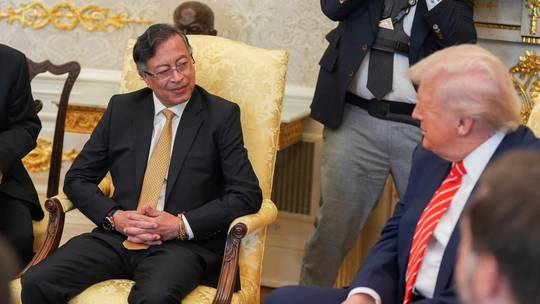


/file/attachments/orphans/GettyImages-173171038_666041.jpg)







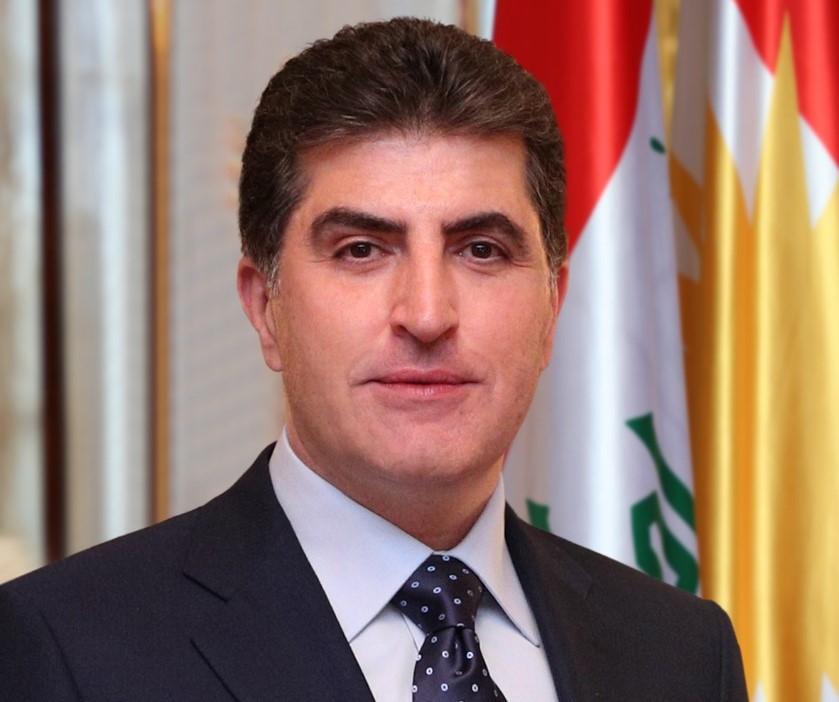


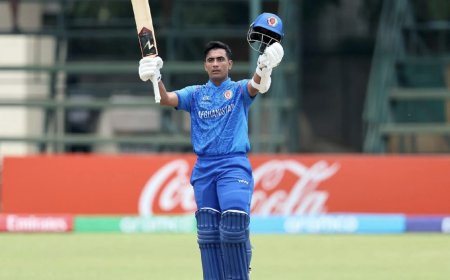
/file/attachments/orphans/IMG_9103_429753.jpeg)






